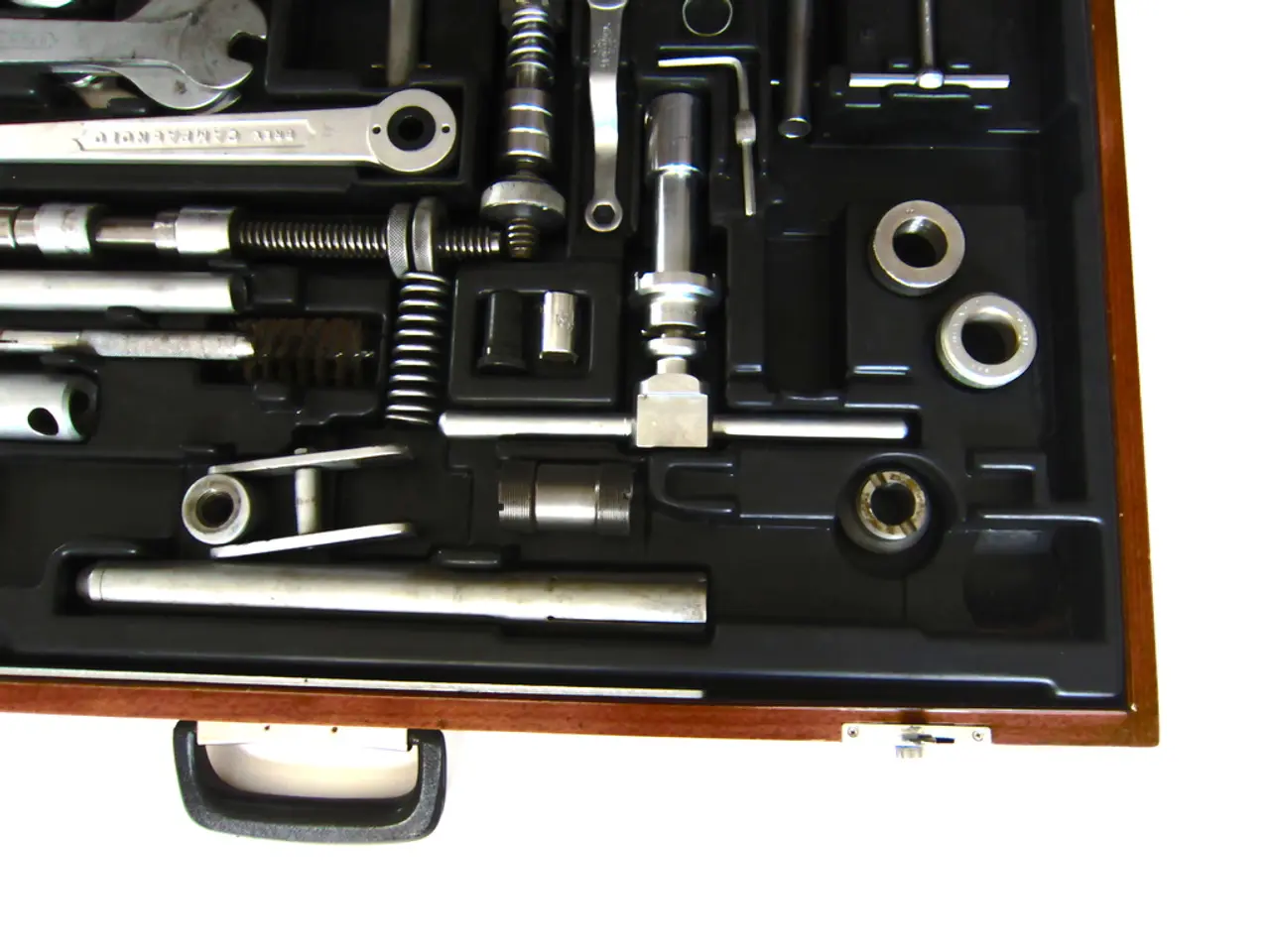Encouraging a More Enjoyable and Productive Work Environment -- Toyota's Innovative Suggestion System for Employee Ideas
## The Roots of Toyota's Creative Idea Suggestion System
The **Creative Idea Suggestion System** at Toyota, a cornerstone of the company's culture, has been nurturing continuous improvement (kaizen) talent for over seven decades. This system, established in 1951, was born out of necessity, as Japan's auto industry battled against America's Big Three carmakers, with Toyota struggling due to limited resources.
## Inspiration and Origins
The inspiration for the system can be traced back to a suggestion system that Eiji Toyoda, a key figure in Toyota's history, encountered at a Ford plant. This encounter served as a catalyst for Toyota to implement a similar system, with the aim of harnessing the power of human ingenuity to overcome the challenges faced by the company.
## The System's Role in Fostering Kaizen Talent
The system was designed to encourage every employee to participate in the improvement process, regardless of their position within the company. It promotes a culture of continuous improvement by rewarding small, incremental ideas that make jobs easier, which in turn leads to increased productivity. The system also helps develop problem-solving skills, as employees identify areas for improvement and propose solutions.
## Rewarding Innovation and Empowerment
Employees are incentivized to contribute their ideas, with a monetary reward of 500 yen offered for each accepted suggestion. This financial incentive, combined with the empowerment felt from having their ideas implemented, fosters a sense of ownership and commitment among employees.
## A Pillar of Toyota's Personnel Development
The system has become an indispensable part of Toyota's personnel development. Mitsuru Kawai, an Executive Fellow at Toyota, who has spent 61 years on the production floor and is well-trusted by workers, emphasizes the system's focus on making jobs easier, not just increasing productivity. Masahiko Suzuki, Chief Expert, further highlights the system's inclusivity, stating that it accepts ideas of any size.
## Overcoming Challenges and Embracing Change
The Creative Idea Suggestion System has played a significant role in shaping Toyota's corporate culture, helping the company navigate through challenges such as the Dodge Line, a 1949 policy that caused many bankruptcies across Japan. Despite these obstacles, Toyota remained committed to its principles, and the system continued to evolve, summed up in the new slogan, 'Good Thinking, Good Products,' in 1953.
In conclusion, Toyota's Creative Idea Suggestion System is a testament to the company's commitment to continuous improvement and employee empowerment. It has not only helped Toyota overcome adversity but has also played a crucial role in shaping the company's culture and approach to problem-solving. The system's enduring influence is evident in the slogan, 'Good Thinking, Good Products,' which remains widely known as a cornerstone of kaizen.
The Creative Idea Suggestion System at Toyota, a key component of the company's culture, also serves as a platform for leveraging employee suggestions, especially in areas of finance, business, and technology, to help the company remain competitive. Recognizing the power of human ingenuity, Toyota offers monetary rewards for accepted ideas, thereby promoting a lifestyle that empowers employees and fosters a sense of ownership.




